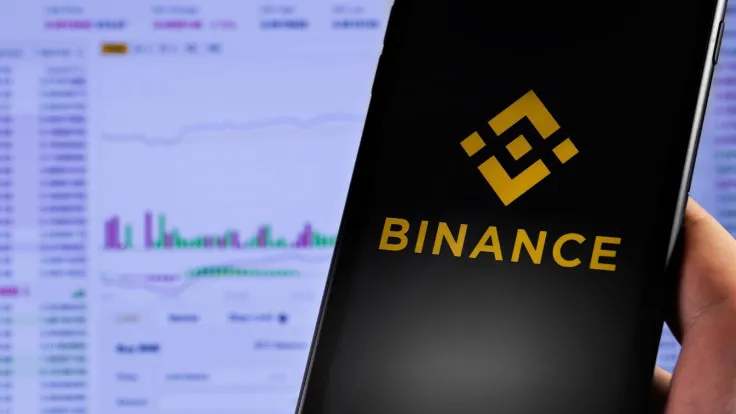
A new drama erupted on crypto Twitter when one user, who is by his own admission an active Tezos contributor, accused one of the leading crypto exchanges, Binance, of freezing and zeroing out his corporate account. According to the user, the frozen account held $1 million in assets.
Binance, as is customary in modern SMM, responded to the accuser directly by replying to his tweet. The exchange said that the account was frozen at the request of law enforcement services, of which the user has been repeatedly notified. Binance also stated that the exchange is required to cooperate with such authorities and respond to their requests. "The same as any other exchange," the official Binance account concluded.
The account in question was restricted as the result of a law enforcement request, which @TezosBakingBad is well aware of, as he was already advised of this multiple times and provided the LE contact form through our support chat system on 7/6, 7/12, and 7/22.
— Binance (@binance) August 25, 2022
Crypto comfort zone
On the one hand, Binance's actions are understandable. An exchange, first of all, as a business that thinks in global categories, must make every effort to expand its activities and scale up. Without compliance with the legislative acts of the jurisdictions, obtaining licenses and satisfying the requests of law enforcement services, it will not be possible to develop as intensively and extensively as Binance.
The crypto enthusiasts themselves have also entered the comfort zone of centralized venues, where one can fulfill every crypto desire in a couple of clicks. But as recent news shows, the comfort of centralized — and judging by the actions of Uniswap, some decentralized sites — is deceptive. Here, as with famous Web2 services like Instagram or YouTube, your account does not belong to you.
So, if you are looking for a decentralized future, consider turning to less-convenient-but-at-least-noncustodial solutions.
 Vladislav Sopov
Vladislav Sopov Dan Burgin
Dan Burgin